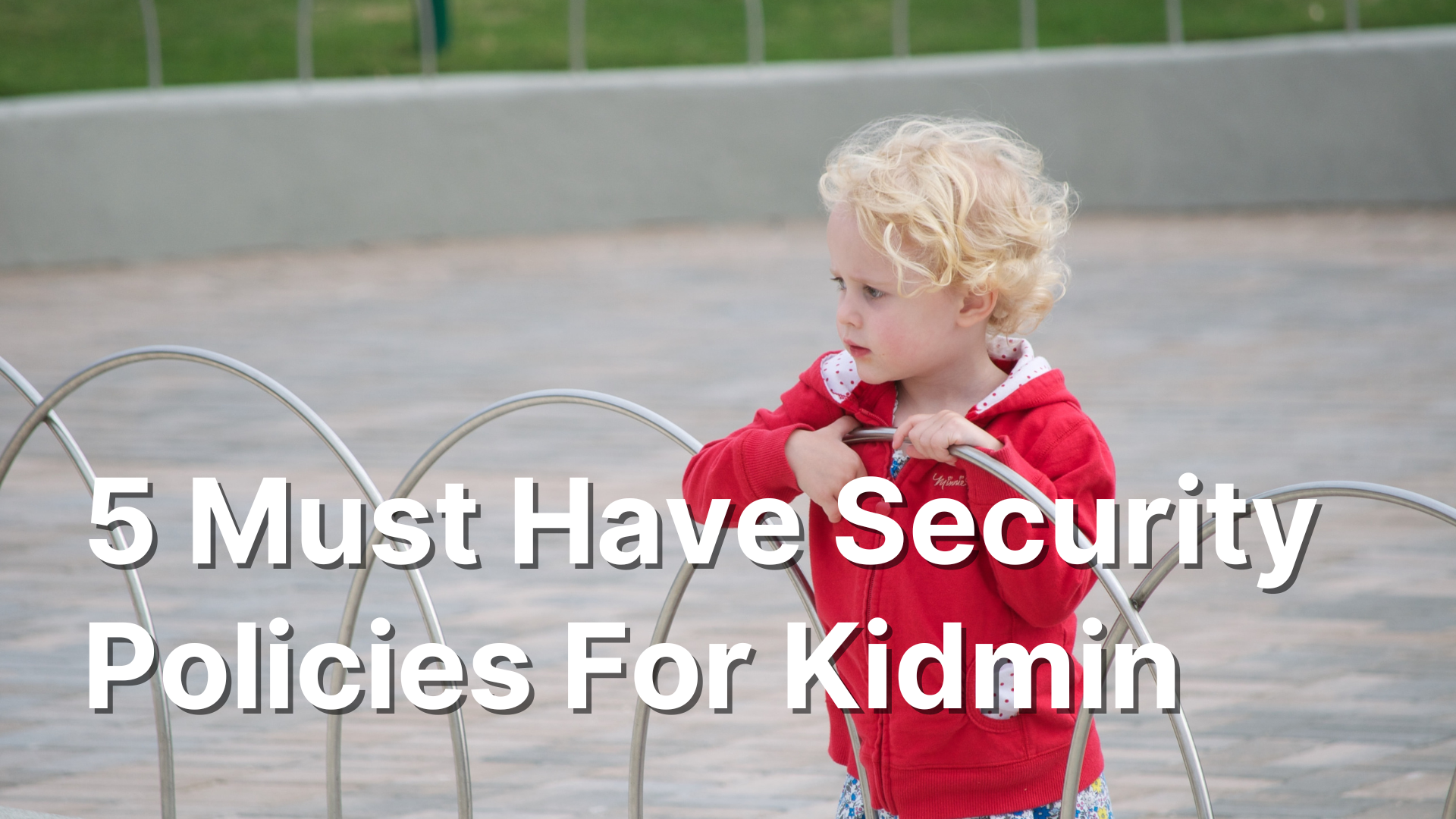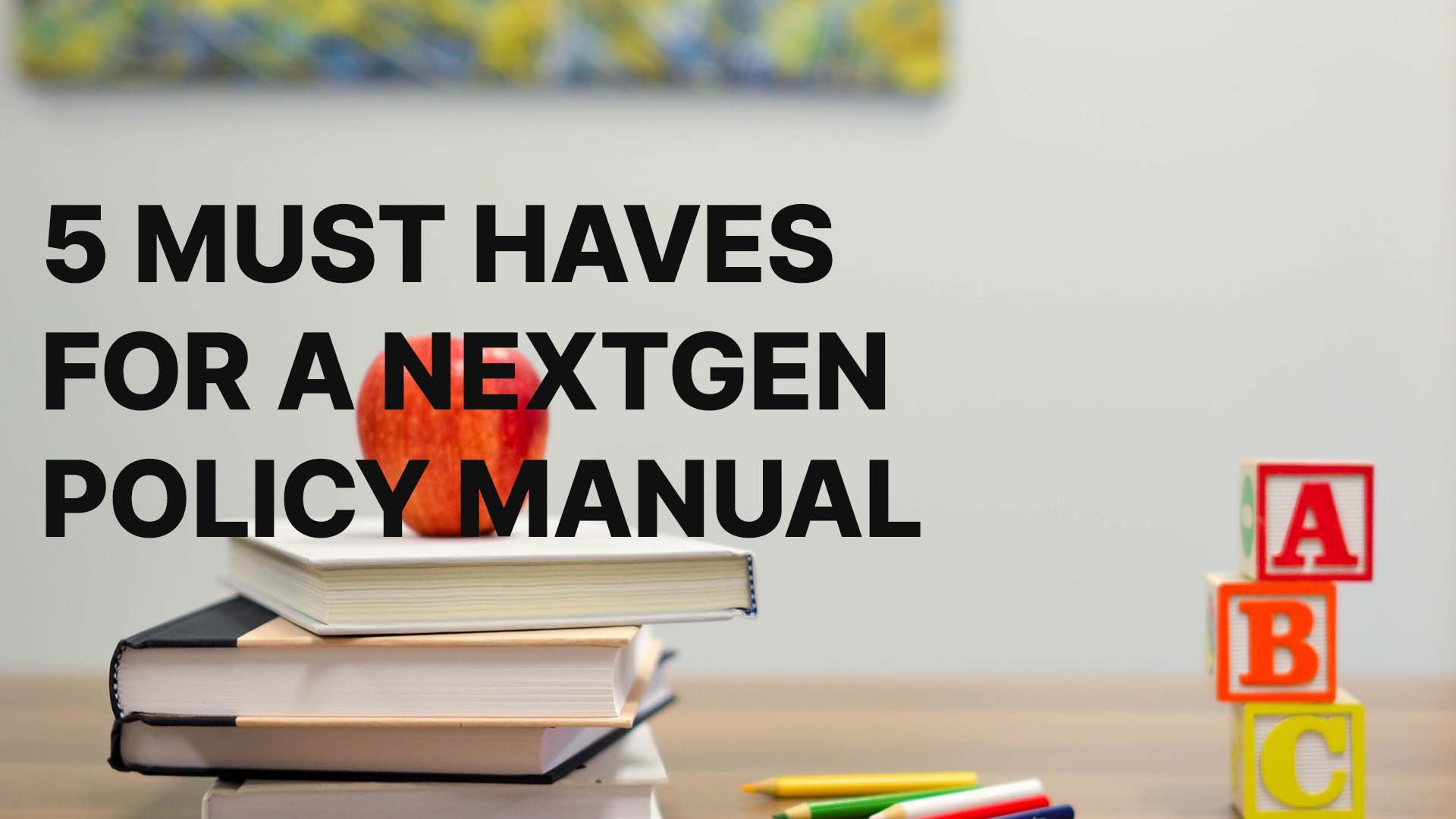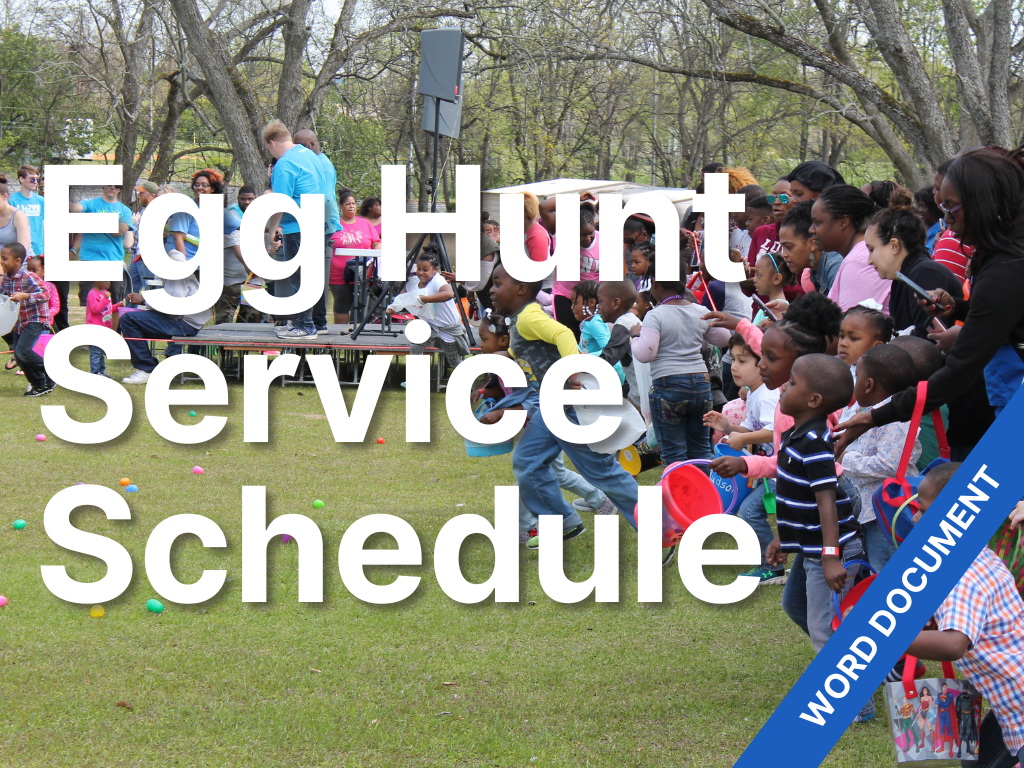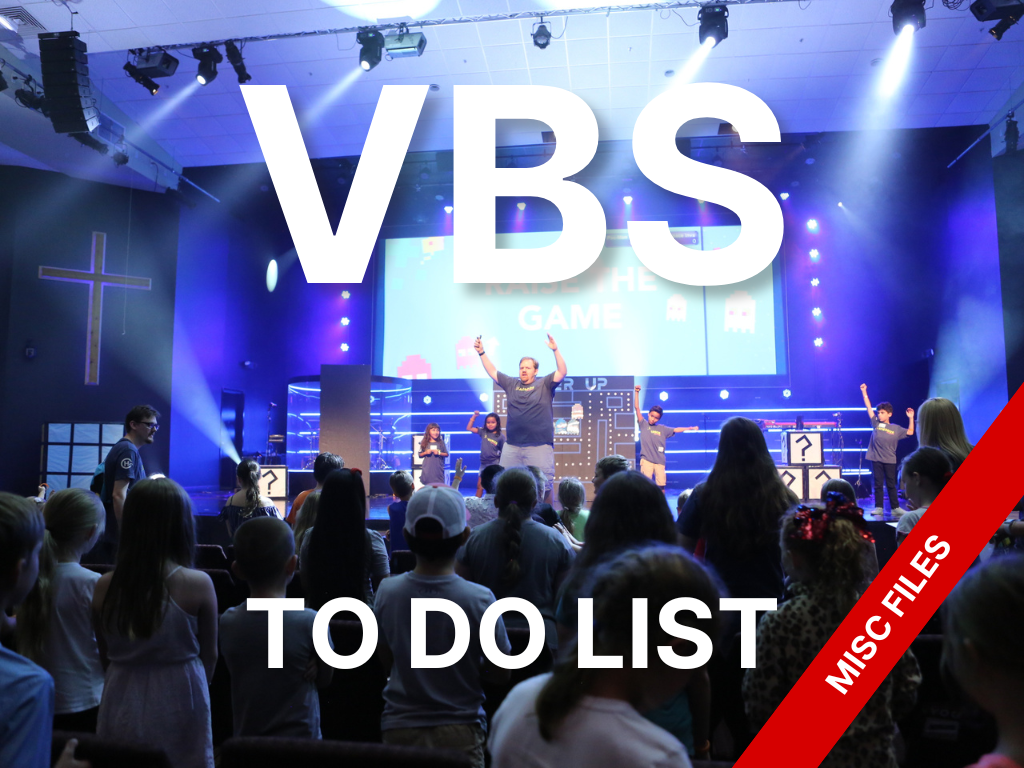5 Must Have Security Policies For Kidmin
Photo by Dan Dennis on Unsplash
One of the three questions parents ask about your children’s ministry is “is it safe?” Now, more than ever before, parents want to know that their precious little ones will be safe in your care. Even more important, your environment needs to be one of the safest places in your church.
I’m not advocating for Fort Knox and padded walls, but there are several things we can do to protect our kids from bad actors and send the signal that this is a safe place to leave your kids.
5 Must Have Security Policies
1. Security Tags
A lot of digital check-in systems have a security tag feature. Basically, a unique number is printed on the kid’s name tag and then another tag is printed with this number and given to the parents. The idea is that when the parent or other responsible adult comes to pick up their kids, they present this tag as proof they are an authorized pick up for their child.
Having the security tag solves a whole world of problems. If there are custody issues where another parent isn’t allowed to be around their kids, you don’t have to worry about identifying them because they don’t have the tag.
No tag, no kid.
Also, sometimes older brothers and sisters want to pick up their siblings. One time I allowed this, and the older sister let their sibling run wild throughout the church. The parent then came for pickup, and we didn’t know where she was. It was a mess. We worked through it, but from that point on, any pickup person had to have the tag. Also, the person picking up had to be in high school or older.
Sometimes the parent loses their tag for various reasons. In this case, I ask them to show an ID, and then we verify that they are an authorized pick-up person in our Church Management System (ChMS).
You’ll be tempted to release your kids to the parents you know, but I caution against this practice. While you know who they are, guests don’t. If they see you release kids without the tag, they might think the tags are a joke and their kids might be unsafe.
Again, no tag, no kid.
2. Limited release
I grew up in kids church and our dismissal was complete chaos. After “big church” was over, the parents would come to the door. When the Kids’ Pastor saw them, he’d wrap up service and then say bye! We then rushed out of the room whether our parents were waiting or not.
That process would give modern day parents a heart-attack. It doesn’t matter how small your ministry is, you need to control the release of your kids to make sure they get to the right person.
When the parent gives you their security tag, don’t let them enter the room or have free reign in your environment. Create a waiting area with stanchions or something else and ask the parent to wait there. Then call the kid using a microphone if your room is large enough or just your voice. Let the kid come to you and then release them to their parent.
Remember that unique number printed on their name tag? This is a good time to verify that the numbers match and you’re giving them the right kid. You don’t want to release Jessica P. when you meant to release Jessica D. I’ve done it. It didn’t go well. Learn from my mistakes.
Limited release looks a little different for preschool and nursery. Elementary parents don’t usually come into the room at all, but because younger kids need more care and literal handholding, I let parents in. You can let them come to the door, (hopefully it’s a French door) or all the way in. But again, make sure their tag matches their kids. Don’t give them the wrong baby or the wrong stuff. I haven’t mixed up babies, but I have mixed up diaper bags. That also didn’t go well. Learn from my mistakes.
3. Bathrooms
In a perfect world, there would be private bathrooms attached to every children’s space. However, we don’t live there, and many church buildings were not built with security in mind. If I had my choice this is what I’d put in my area.
Whether your bathrooms are attached or in the hallway, it’s a bad idea to let kids go to the bathroom by themselves. I’m not saying an adult needs to go in the room for elementary aged kids, but I am saying you need to have a monitor to make sure nothing unsavory happens.
In two of my churches, I had private bathrooms that only kids could use. I had hall monitors and bathroom monitors to make sure kids went where they said they were going and got back to where they needed to be. Many times, these positions were filled by my kids leadership team.
In the other two churches, however, the closest bathrooms were also shared by adults. Whenever a kid needed to go to the bathroom, we’d send an adult volunteer with them. The volunteer would make sure the bathroom is clear and then let the kid go in. The volunteer would then stand outside the door and prevent any other adults from entering. Obviously, men went with boys and women went with girls.
Preschool gets a little tricker because they frequently need more help. My general rule is to provide as much assistance as needed and no more. If they can go on their own, let them. If they need help buckling their pants, then do that. And so on. Because of bathroom needs and the cultural sensitivity of males with kids, I only let women be a part of this process. I let men serve in nursery and preschool, but they have to be hands off when anything like this was required.
4. Background Checks
Background checks have become fairly standard in most churches, but they’re more important than you think and worth the cash to run them. Every adult who works with minors needs to have a background check on file at your church. Even if they’re a teacher or work for the state, you need to have one in your files as well.
This protects you in two ways. First, if they have any criminal history, it’ll show up, and you can deal with it appropriately. They may not tell you about it on their volunteer application or in conversations. It may be one of the most embarrassing things in their lives and they don’t go around sharing that information.
Second, if something does happen and a criminal or civil suit is brought against the church, the background check is one more step of protection. Many insurance companies provide discounts if you require background checks and safety training for all your volunteers.
It’s not enough to run the background check once and be done with it. The standard practice in the business world is to re-run them every 2-5 years. A lot can happen in that time, and your volunteer may or may not tell you about it. Don’t take the risk. The background check protects you, your ministry, and your kids.
5. Room Ratios
The room ratio is the number of kids to adults. Even though many churches don’t fall under childcare codes, it’s still important to check what your state and/or city requires. I consider these the minimum requirements.
So many times in ministry, especially kidmin, we’re understaffed, and we may be the only person in the room with a whole group of kids. It may be the best you can do, but you need to do everything you can to at least have two people in every room regardless of your ratios. It’s called the rule of two. Having a second set of hands helps with bathroom breaks, passing out materials, classroom management, accountability, and so much more.
Here's a proposed ratio for your age groups. Keep in mind I always try to have at least two people in a room even if there is only one child.
Infants to non-walking 18-month-olds – 1:2
Walking one to two-Year-olds – 1:3
Potty-trained three to five-year-olds – 1:6
Kindergarten and up - 1:15
If you’re running small groups in elementary, I suggest you have one adult for every 8-10 students in a group. You can see what that structure looks like here.
Having the right security policies in your ministry is of utmost importance. Parents are always wondering if their kids are safe. In addition, we love our kids, and we don’t want anything to happen to them. Putting these policies in place will save you from a world of hurt. It’s more than having to apologize to a parent for a minor infraction. It protects you from losing your kids or even worse. Protect your kids and make your ministry as safe, fun, and Christ-centered as possible.





To have a great Easter Outreach, you need to have a plan. This field tested and approved Egg Hunt To Do List will walk you through step by step to have your best event.